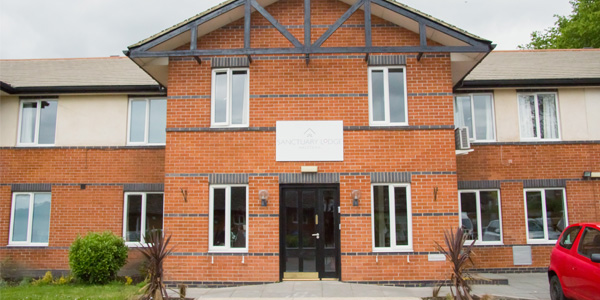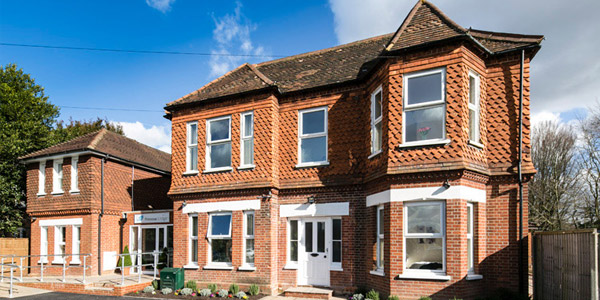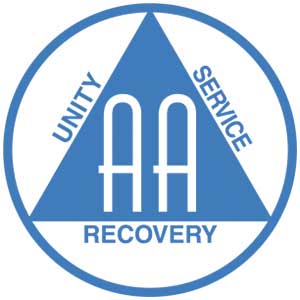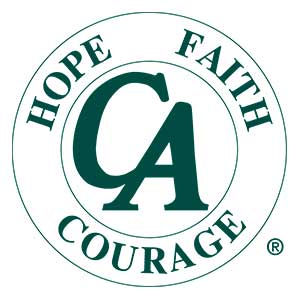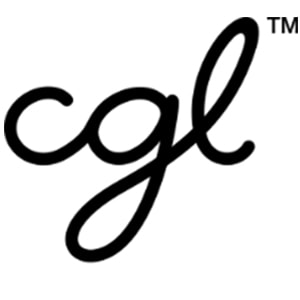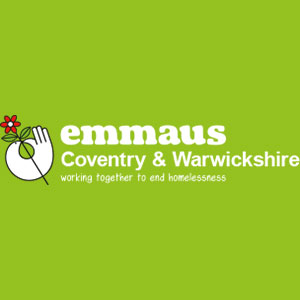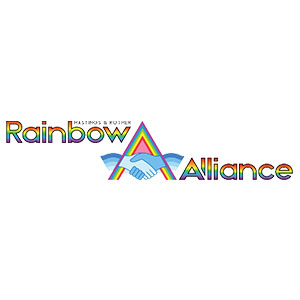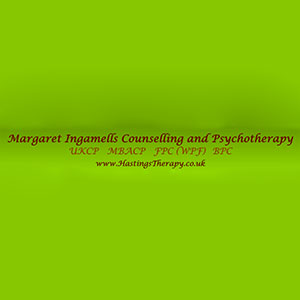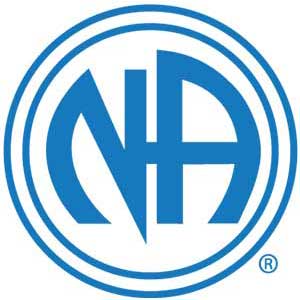Alcohol & Drug Rehab in Hastings
Although addiction is a problem throughout the UK, it will come as little surprise to anyone who knows and loves Hastings that the town has been especially hard hit by this malaise: alcohol, illegal drugs and prescription medication are taking a terrible toll on the city’s inhabitants, young and old, with relatively new substances such as spice joining long-established poisons such as heroin and cocaine in causing carnage on the streets.
However, there is a light at the end of the tunnel: there are now many facilities offering high-quality addiction treatment to people struggling with this terrible illness. If you or a loved one are one of those people, help is at hand: read on to discover how rehab can save your life.
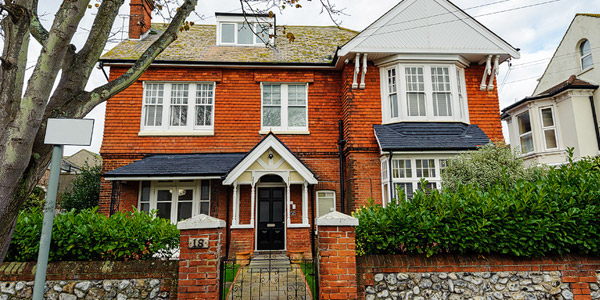
The Recovery lighthouse is a 13 bedroom alcohol and drug rehab facility set…
- Private
- Holistic Treatment
- 24/7 nursing
- Residential
Featured Rehabs
Sanctuary Lodge is a state of the art detox and rehabilitation facility, se…
At Primrose Lodge we genuinely care that our patients make a full recovery …
Liberty House Clinic is a fully furbished detox and rehabilitation facility…
-
- Free
- Group Setting
- 12 Step
-
Friends Meeting House
The Religious Society of Friends
5 South Terrace
TN34 1SA0 review- 12 Step
- Group Setting
- Free
- Outpatient
-
- 12 Step
- Group Setting
- Free
- Outpatient
-
- 12 Step
- Group Setting
- Free
- Outpatient
-
- LGBT
- Free
- Training
- Support
-
- Fees Apply
- Confidential
- One to One
- Counselling
-
- Free
- Group Setting
- 12 Step
- Counselling
- Load More
Drug & Alcohol Rehab Services in East Sussex
- A
- B
- C
- D
- E
- F
- G
- H
- I
- J
- K
- L
- M
- N
- O
- P
- Q
- R
- S
- T
- U
- V
- W
- X
- Y
- Z
What Is Rehab?

Residential rehabilitation – or “rehab” – describes the process by which an addict gets treatment for their addiction at a dedicated facility, as well as being a term for the facility itself. At rehab, a patient undergoes detoxification (“detox”) and withdrawal with medical assistance and engages in therapy which reveals the underlying causes of their addiction, all in a pleasant, safe and confidential environment.
The consensus in the medical community is that rehab is the most effective approach to the treatment of addiction, in that it provides addicts with the greatest chance of achieving a permanent recovery. Its ability to tackle both physical dependency and psychological addiction in one treatment programme is crucial – many methods of treatment focus only on one aspect or the other – and, indeed, in mainstream culture “rehab” has become synonymous with addiction treatment.
How Can I Get Someone into Rehab?
The sooner an addict can reach out for help, the sooner they can be in treatment: every day that passes without combating addiction is another day in which an addict risks succumbing to overdose, a fatal accident, or an act of violence fuelled by substance abuse. While the NHS provides a good range of high-quality addiction treatment services – including rehab – places are invariably limited and waiting times can be distressingly lengthy.
If you or a loved one are struggling with addiction and are desperate for help, you may not wish to take such risks; instead, why not explore some of the private options which are available to you? Call 0800 024 1455 now to discuss next steps.
Advantages of Private Rehab
Rehab offers addicts an oasis of calm, away from what are often extremely volatile and potentially dangerous life circumstances: in a peaceful, safe, secure and confidential surroundings, patients are able to focus fully on the recovery away from the distractions and temptations of the outside world (and, of course, from substances of abuse).
Upon entering rehab, an addict will be assessed by a medical team before commencing a detox supervised and assisted by highly experienced medical personnel, who can make sure that the detox and withdrawal process is a safe one and as comfortable as it can be (possibly with the assistance of suitable medication).
Following detox, patients will benefit from the provision of various forms of therapy in both one-to-one and group settings; the therapy phase aims to reveal and address the fundamental causes of addiction, as well as providing patients with suitable defence mechanisms against relapse. Throughout their stay, patients will enjoy bespoke dietary and fitness plans as well as being able to access an array of other resources on site (varying from one rehab to another).
Recovery is not complete the moment a patient leaves rehab but is a lifelong journey requiring commitment and dedication. In recognition of this, good rehabs will offer up to a year’s free aftercare to provide the assurance that professional assistance is never far away during this next crucial phase of recovery.
What Does Rehab Cost in Hastings?
The cost of private rehab in or near Hastings can vary significantly by treatment programme, and depending on which of a variety of optional extras are selected. As a rough guide, standard costs range from between £5,500 and £11,000 per month, though the cheapest rehab treatment can start from as little as £834 per week. For more details, call 0800 804 4755.
NHS Addiction Treatment Options near Hastings
If you feel that private rehab is currently not an option for you for reasons of cost, or if you do not feel that you are able to spend the required time away from family and/or work obligations, do not despair: various NHS and charity resources can be found in Hastings and across East Sussex which can help you combat your addiction. Consult your GP about which of these resources may be available to you and would be most appropriate for your specific situation.
Advantages of NHS Treatment
The most obvious advantage of going down the NHS route for addiction treatment is that NHS services are free at the point of use, while private rehab comes at a cost which may put off some addicts (though it’s important to consider the potential costs of not getting treatment, which are not, of course, merely financial ones).
Another benefit is that the NHS operates in every corner of the country (although as mentioned above waiting times may be prohibitively lengthy) while some rehab facilities are a long way from Hastings. Furthermore, the quality of any services is usually high (though does vary from one trust to another).
Addiction Support Groups
A number of organisations exist across the country to provide assistance to recovering addicts, and some of these operate a support group model. Support groups are groups of individuals who are themselves recovering addicts – some only recently free from addiction, while others may have been clean for many years – and who come together at regular meetings to give and take mutual support: sharing their stories of addiction, giving advice on how to resist relapse, showing solidarity and sympathy when group members are struggling, and providing the simple companionship which can mean so much in times of difficulty and loneliness.
Support group attendees can come from all walks of life brought together by their shared experience of addiction and recovery; typically, attendance at support groups is free and the only qualification for participation is a commitment to leading a life free of substance abuse.
The most famous support group organisation, and the one on which most others are modelled, is Alcoholics Anonymous (AA) which was founded in 1935 and runs on a 12-step programme of personal and spiritual development, with one of the steps being a recognition that a higher power – such as God – can assist with an alcoholic’s recovery. Narcotics Anonymous (NA), founded in 1953 and based directly upon the AA model, is the second-largest support group organisation worldwide and caters to recovering drug addicts specifically. In a similar vein, but supporting those recovering from addictions to specific substances, are Cocaine Anonymous (CA), Heroin Anonymous (HA), Marijuana Anonymous (MA) and Crystal Meth Anonymous (CMA), all of which operate 12-step programmes.
There are also support groups such as Al-Anon and Nar-Anon assisting the families and friends of addicts which typically hold meetings alongside those for the addicts themselves.
Support groups typically meet weekly, though each local chapter is managed independently and meeting times and venues are subject to change. To find information on meetings in or near Hastings, see the relevant websites: Alcoholics Anonymous; Narcotics Anonymous; Cocaine Anonymous; Heroin Anonymous; Marijuana Anonymous; Crystal Meth Anonymous
Types of Counselling

Many private addiction counsellors – like “regular” psychotherapists, though with an obvious emphasis on addiction – can be found throughout the country, with a wide variety of therapy models available. Individual counselling – which can be engaged in either following attendance at a rehab or other treatment as a supplementary aid to recovery, or potentially as a means of managing an addiction prior to engagement in a full treatment programme – is especially beneficial for those with extremely busy schedules.
Counsellors are usually seen weekly and typically charge a fee per appointment; some counsellors make themselves available in emergencies while others strictly limit access to working hours.
How to get to Recovery Lighthouse from Hastings?
Recovery Lighthouse is an attractive, peaceful and spacious 13-bedroom alcohol and drug rehab facility situated in a quiet residential neighbourhood in Worthing, West Sussex. Its state-of-the-art facilities and highly experienced medical and support staff create the ideal environment in which to address the key questions at the heart of recovery from addiction and to embrace its fully comprehensive holistic rehabilitation programme.
To get to Worthing from Hastings, take the A259 as far as the A27, then head west on the A27 as far as the B2223. Follow signs to the town centre.


